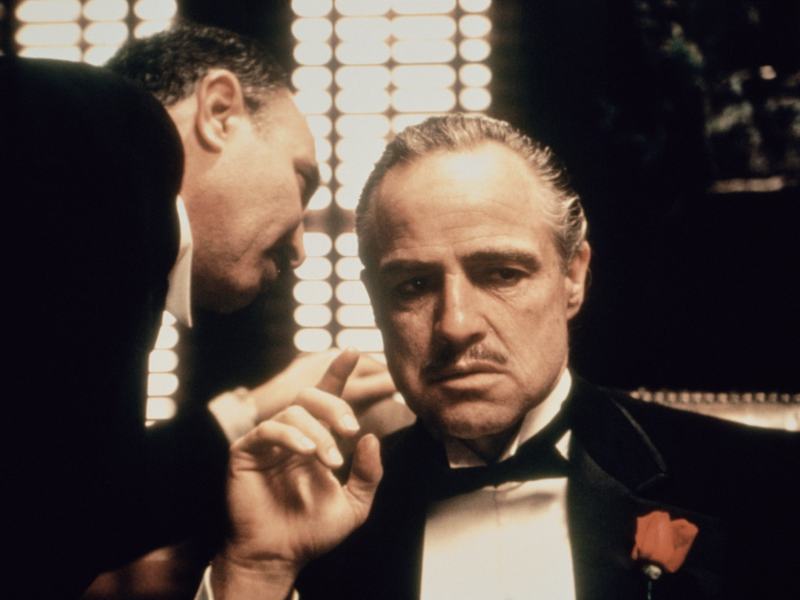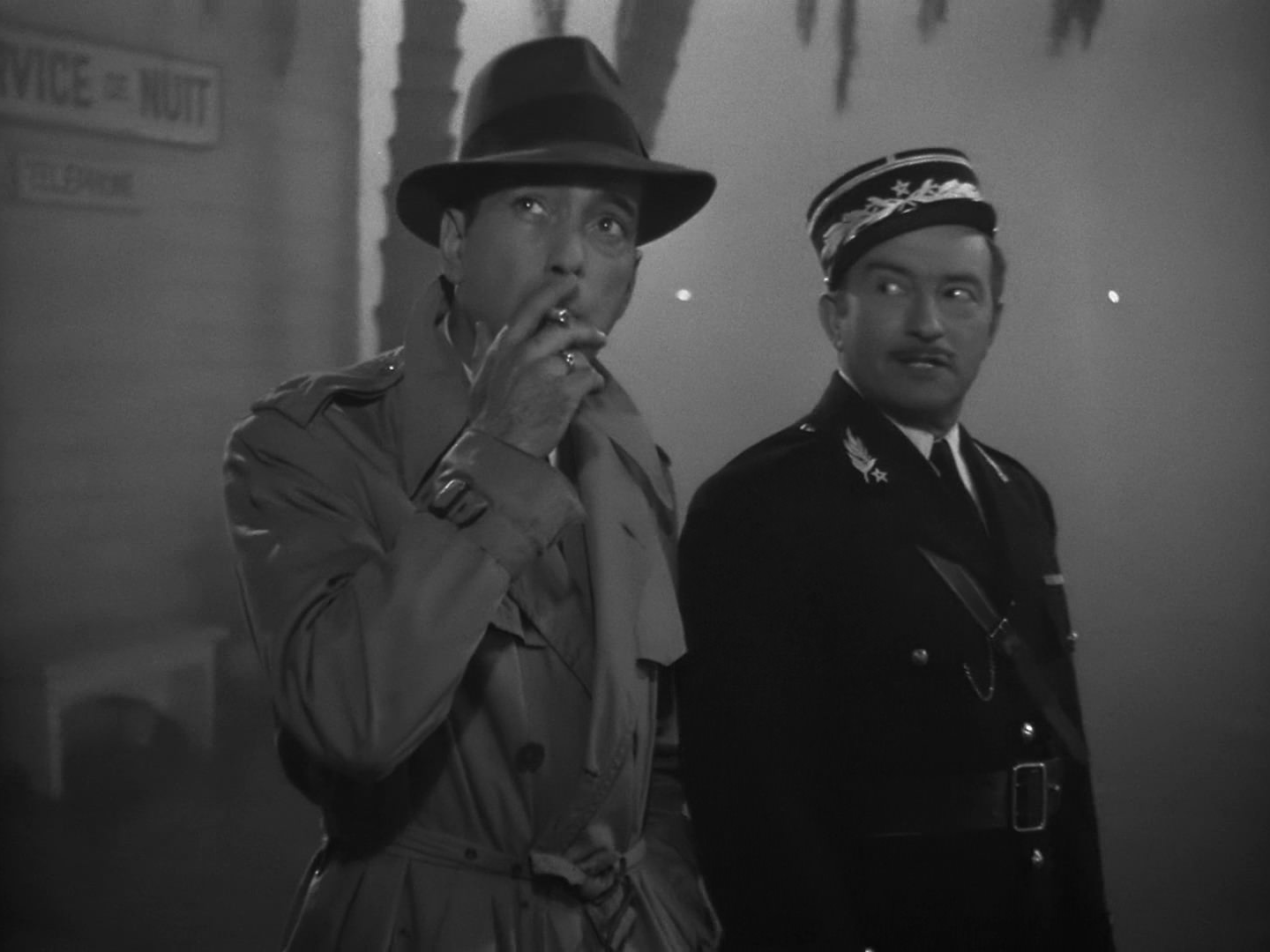- Box office numbers aren’t the only thing that are indicators of a movie’s success.
- A study from the University of Turin analyzed the way movies have performed on IMDB.
- The study focused on whether or not they have been influential for other movies or culture.
Although box-office numbers are certainly an indicator of a movie’s success, there are so many different factors that go into whether or not a movie is seen as influential. And in a new study from the University of Turin, researchers analyzed the way movies have historically performed on IMDb to figure out how they should be ranked based on how much they’ve influenced art, other movies, and the world around us.
Based on this study, here are the 20 most influential movies in history.
“Bronenosets Potemkin” is one of the most influential silent films.

A silent Russian film, “Bronenosets Potemkin” is about the mutiny of Russian sailors in the Revolution of 1905, according to Brittanica, and was named one of the greatest films of all time by the British Film Institute in 2012.
"Gone With The Wind" proved the potential that movies have.

When "Gone With The Wind" was released in 1939, it was the most expensive and the longest feature film ever made, according to TCM, and changed the way people thought about feature films shot in color.
"Dr. Strangelove" was a satire of the Cold War.

Stanley Kubrick's "Dr. Strangelove" was so influential that, according to the New York Post, coded switches were added to American missiles to avoid a situation happening with nuclear weapons like it did in the movie.
"Cabiria" was the first epic.

The 1914 movie "Cabiria" was a silent movie, but as Martin Scorsese said at a much later screening of the movie (according to Roger Ebert), it also invented the epic.
"The Searchers" had an impact on so many other movies.

Released in 1956, "The Searchers" starred John Wayne and was one of the movies that defined the western genre, and according to the Washington Post, influenced George Lucas, Steven Spielberg, and Martin Scorsese in their filmmaking.
"Nosferatu" had an impact on horror.

Turner Classic Movies called "Nosferatu" which was released in 1922, one of the most influential movies of all time, so it makes sense that it made this list, especially since it helped launch the subgenre of horror that's all about vampires.
"Jaws" was one of Steven Spielberg's best movies.

As a 2017 article from Indiewire pointed out, "Jaws," which was released in the summer of 1975, practically created the idea of summer blockbusters, which means that without "Jaws," some of the biggest movies we know and love today might not have been quite so huge.
"The Godfather" practically created its own genre.

Even if you've never seen "The Godfather," you can probably still recognize quotes from the movie - and it's been more than 40 years since the first one hit theaters. As SMCP pointed out, it helped pave the way for movies and TV shows all about organized crime, which are still popular today.
"Dracula" helped create a supernatural genre.

Debuting the same year as "Frankenstein," "Dracula" made its own contributions to the horror genre - especially where the supernatural (like vampires, maybe?) was concerned.
"Casablanca" is still a classic romance.

"Casablanca," the 1942 movie starring Humphrey Bogart and Ingrid Bergman, has been called one of the best films of all time by many. The movie (and lines from it) have been referenced in pop culture so many times since it was released, so it seems like its influence will be felt for years to come.
"Snow White and the Seven Dwarfs" made Disney what it is today.

Disney is a household name now, but when "Snow White and The Seven Dwarfs" was released in 1937, Walt Disney himself couldn't have imagined what the company would eventually become. The movie was the first feature-length animated film, so suffice it to say that the landscape of cinema would be very different today without it.
"Frankenstein" left its mark on the horror genre.

Although Dr. Frankenstein and his monster are still prevalent in pop culture today, the 1931 version of "Frankenstein" is the one that made the list. As Turner Classic Movies pointed out, even the makeup and special effects used for the monster were revolutionary for the time and influenced horror films that came after.
Many felt "The Birth of A Nation" glorified white supremacy.

Released in 1915, "The Birth of A Nation" is more than 100 years old, but it was so influential that it has still made its way to this list in 2018. Following the Civil War and the Ku Klux Klan. NPR called the movie "three hours of racist propaganda," and even at the time, people were outraged - although initially, it saw box office success, many cities required edits to be made before it could be shown or banned the film entirely.
"Citizen Kane" is worth the hype.

If you've ever taken a film class, "Citizen Kane" was probably one of the first movies discussed, and it makes sense why. In 2007, the American Film Institute named it the greatest movie of all time, and when it was released in 1941, it ended up setting the standard for all films that came after.
"Metropolis" made an impact.

The 1927 movie "Metropolis" was a German science fiction movie and, at the time of its release, was the most expensive feature-length film ever made, according to MTV. The movie was the first to use visual techniques that allowed the projection of actors onto model sets via mirrors.
"2001: A Space Odyssey" made room for more sci-fi.

Stanley Kubrick's "2001: A Space Odyssey" was released 50 years ago, and at the time, it helped pave the way for sci-fi movies like "Star Wars" and changed the way filmmakers thought about special effects and visuals at the time.
"King Kong" is still a part of pop culture.

Although the story of King Kong has been made over and over again, the 1933 version is the one that has made this list. According to Time, "King Kong" used special effects that were cutting edge at the time, grossing $90,000 and creating a character that still lives on in pop culture today.
"Psycho" was revolutionary for horror.

Released in 1960, "Psycho," which was directed by Alfred Hitchcock, included one of the most influential scenes of all time. In fact, that shower scene starring Janet Leigh even inspired a documentary about the way it was filmed and set up called "78/52."
"Star Wars" and the franchise that followed just keeps growing.

Next on the list is "Star Wars," which debuted as a franchise in 1977 with "A New Hope." It ended up launching not only a multimillion dollar franchise, but also the careers of Mark Hamill, Carrie Fisher, and Harrison Ford.
"The Wizard of Oz" snagged the top spot.

It's no surprise that "The Wizard of Oz," starring Judy Garland as Dorothy, was named as the most influential movie of all time. After all, it was one of the first 25 movies to be put on the National Film Registry, according to History.
Dorothy's journey through Oz has remained timeless, with the famous scene where her world turns from black and white to technicolor being one of the first uses of this technique.
Visit INSIDER's homepage for more.
